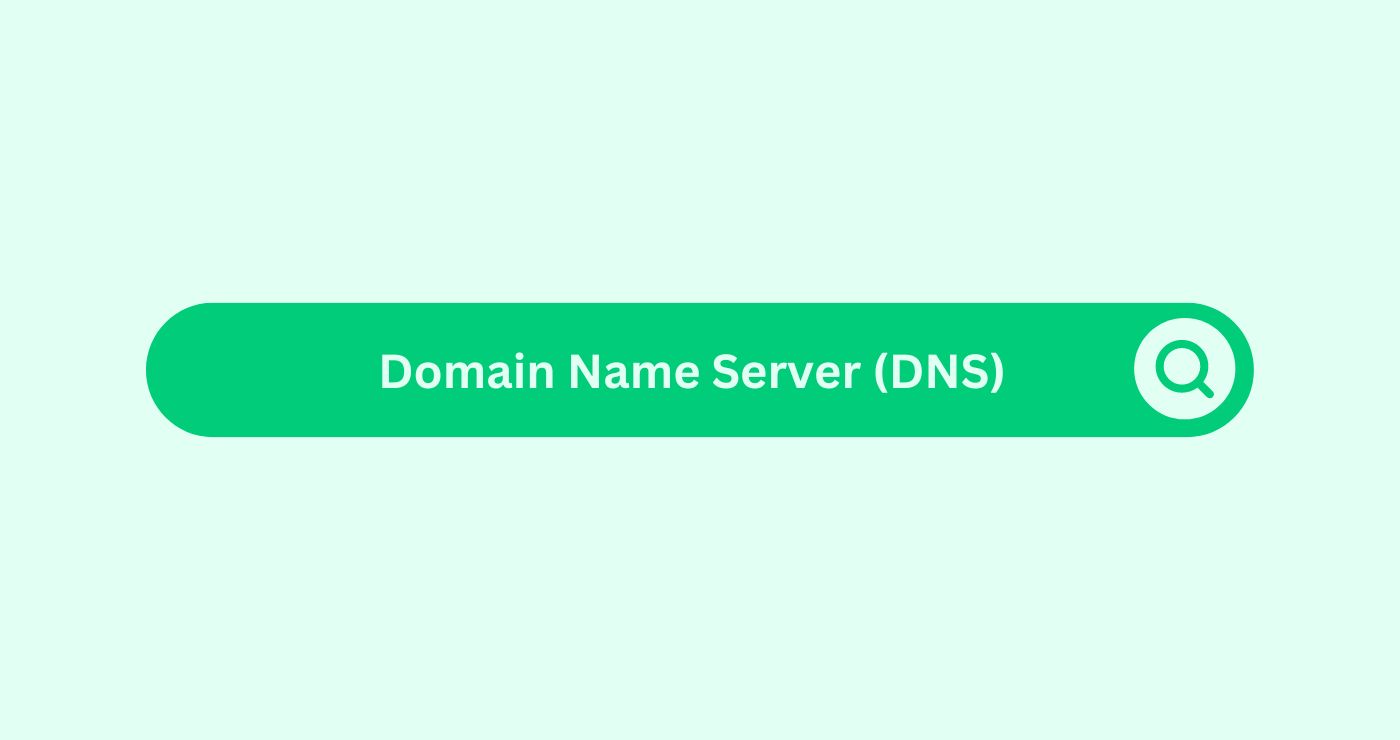Definition
DNS is a system that translates domain names to IP addresses, acting as the internet’s phonebook. It includes different record types like A, MX, and CNAME that serve unique roles in domain resolution.
DNS functions through a series of steps initiated by a DNS queryIn the realm of SEO (Search Engine Optimisation), a query re.... When a user types a URL, a DNS queryIn the realm of SEO (Search Engine Optimisation), a query re... reaches authoritative servers to resolve the domain to an IP address.
How You Can Use
Example
Let’s consider a scenario where you are managing an e-commerce website and want to optimize its SEO performance. Configuring DNS settings can enhance website accessibilityDefinition Accessibility refers to the design and developmen..., reduce latency, and boost SEO.
For example, suppose your website’s domain is www.myecommercesite.com. Here’s how you can use DNS to improve its SEO:
- Choose a Reliable DNS Provider: Choose a DNS provider for fast resolution times with strong infrastructure and low latency. Providers like Cloud Flare, Google Public DNS, or Amazon Route 53 are popular choices.
- Implement CDN (Content Delivery Network): Setting up CNAME records directs trafficDefinition In the context of SEO (Search Engine Optimisation... to a CDN and caches content globally, improving load times.
- Configure DNS Records for SEO: Ensure that your A records are correctly pointing to your web server’s IP address. If you have multiple subdomains (e.g., blog.myecommercesite.com), configure the appropriate CNAME or A records. Add SPF and DMARC TXT records for email authentication to protect your domain’s reputation.
- Use DNS for RedirectionDefinition Redirection in the realm of SEO (Search Engine Op...: Redirect trafficDefinition In the context of SEO (Search Engine Optimisation... from old URLs to new URLs using DNS-level 301 redirectsDefinition Effective redirects are crucial for SEO firms to .... This helps preserve link equityDefinition Link Equity (or link juice) is the value passed t... and avoids 404 errors, which can negatively impact your SEO.
Key Takeaways
- DNS Translates Domain Names to IP Addresses: This fundamental function allows users to access websites using easily remembered domain names instead of numeric IP addresses.
- DNS QueryIn the realm of SEO (Search Engine Optimisation), a query re... Process Involves Multiple Steps: From root servers to authoritative servers, each step in the DNS resolution process is critical for locating the correct IP address.
- DNS Records Have Specific Functions: Different DNS records (A, MX, CNAME, TXT) serve various purposes in managing and securing domain name operations.
- Optimizing DNS Can Improve SEO: Proper DNS management, including choosing a reliable DNS provider and configuring records correctly, can enhance website performance and SEO rankings.
- DNS Security Measures Are Essential: Implementing DNS security protocols such as DNSSEC (Domain Name System Security Extensions) helps protect against attacks like DNS spoofingDefinition In email marketing, spoofing refers to the decept... and cache poisoning.
FAQs
What is a DNS query?
A DNS queryIn the realm of SEO (Search Engine Optimisation), a query re... is a request made by a user's device to a DNS serverDefinition A Server in the SEO space refers to a computer sy... to resolve a domain name into an IP address.
How does DNS caching work?
DNS caching stores previously resolved domain name requests locally or on intermediate servers to speed up subsequent queries for the same domain.
What is a DNS resolver?
A DNS resolver is a serverDefinition A Server in the SEO space refers to a computer sy... that receives DNS queries from user devices and queries other DNS servers to find the corresponding IP address.
What is the purpose of an A record in DNS?
An A record maps a domain name to its corresponding IPv4 address, allowing browsers to locate the web serverDefinition A Server in the SEO space refers to a computer sy... hostingDefinition Hosting refers to the process of making your webs... the domain.
How do MX records work in DNS?
MX records specify the mail servers responsible for receiving email on behalf of a domain, directing email trafficDefinition In the context of SEO (Search Engine Optimisation... accordingly.
What is DNS propagation?
DNS propagation is the process by which updates to DNS records are distributed across the internet, which can take up to 48 hours to complete.
Why is DNS important for SEO?
DNS impacts website accessibilityDefinition Accessibility refers to the design and developmen..., load times, and overall user experience, all of which are critical factors for SEO performance.
How can I secure my DNS?
Implement DNSSEC to add a layer of security, preventing attacks like DNS spoofingDefinition In email marketing, spoofing refers to the decept... and ensuring the integrity of DNS responses.
What is a CNAME record?
A CNAME record maps an alias domain name to another canonical domain name, commonly used for subdomains.
Can DNS affect email delivery?
Yes, incorrect DNS records, particularly MX and TXT records, can affect email deliverabilityDefinition Email deliverability refers to the ability of an ... and leadDefinition A Lead in the context of SEO refers to a potentia... to issues like emails being marked as spam.




